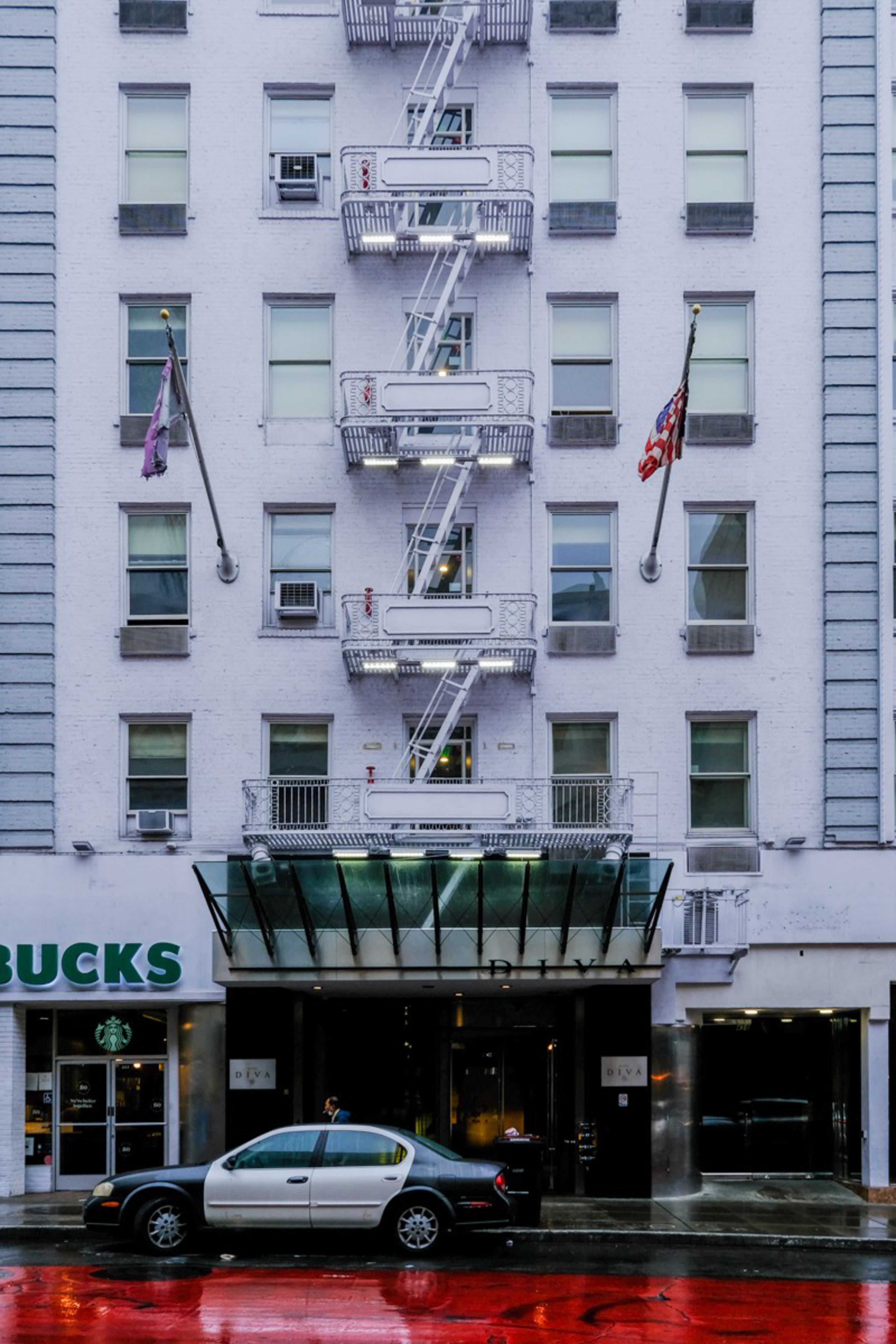On Wednesday, city officials said that a shelter-in-place hotel program launched during the pandemic will be extended, buying more time to rehouse thousands of homeless individuals placed in temporary hotel rooms last year.
The Department of Homelessness and Supportive Housing (HSH) expects to wind down the hotel program by September 2022, a five-month extension from an earlier deadline of April 2022, at an additional cost of $67 million. HSH expects the Federal Emergency Management Agency (FEMA) to cover $46 million of that cost increase, leaving the city to fund the remaining $21 million from other sources. Those could include funds from Project Homekey, a state initiative to secure hotel rooms for homeless individuals, or from other grants according to the department.
An estimated 1,400 people are still residing in the shelter-in-place hotels spun up last year as an emergency measure to prevent spread of COVID-19 among the city’s homeless population. In the early months of the pandemic, the city cut deals with 25 underused hotels—amounting to about 2,300 total rooms at the height of the program—as temporary housing for people who might have otherwise been in congregate shelters or on the street. The program served about 3,700 people in total.
Since then, many of those occupants have been shuffled around to other shelter-in-place hotels while they await permanent housing placement: Of the seven hotels that have been demobilized this year, 23% of occupants have transitioned to permanent housing and 66% have been moved to other hotels, according to HSH. The remaining occupants moved to navigation centers or other shelters, in with family, into medical treatment or elsewhere.
The department aims to rehouse between 35 and 40 people weekly to meet the September 2022 deadline for winding down the program, but cited various obstacles in permanently rehousing individuals in the hotel program. Those include acquiring needed identification and tax documentation from residents, the temporary closure of offices during the pandemic. The very process of showing clients rehousing options is time-consuming as well, said HSH officials.
According to Naomi Schoenfeld, a nurse with the Department of Public Health, a majority of occupants in the temporary hotels were above the age of 50, had been experiencing homelessness for at least 10 years, and were minorities. Based on interviews, Schoenfeld noted a decrease in drug use, particularly stimulants, and decreased use of emergency services among some occupants.
“[San Francisco’s SIP hotels] have undoubtedly saved lives and mitigated the spread of COVID-19 through homeless communities and San Francisco,” said District 6 Supervisor Matt Haney, who has advocated for extending the program, at a Wednesday meeting.
San Francisco accounted for 20% of all hotel rooms in the state secured through Project Homekey, despite having only around 5% of the state’s overall homeless population, added Schoenfeld. The hotel program includes private rooms and various services for occupants—including health and wellness checks, meals, janitorial and laundry services, and harm reduction supplies for substance users—at a cost of roughly $7,000 per month per room, according to HSH.
For now, the city is moving quickly to acquire hotels intended to boost its portfolio of permanent supportive housing for homeless residents, a comparatively lower-cost option for housing. The city’s portfolio currently includes roughly 8,000 city-owned or city-leased units.
On Monday, the Mayor’s Office announced that the Abigail Hotel—a 62-unit single-room-occupancy (SRO) hotel located downtown—would reopen as low-income housing stock. Those units will be offered as a more independent living environment for clients who exited homelessness.
The Board of Supervisors recently approved the acquisition of three other properties in the South of Market and Mission Districts, amounting to about 240 housing units total, for conversion into permanent supportive housing for people exiting homelessness.
